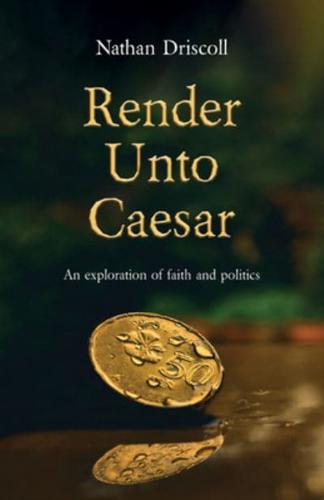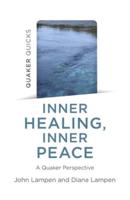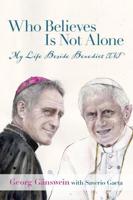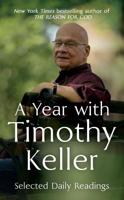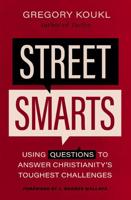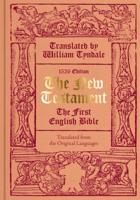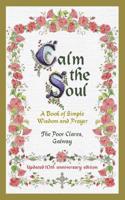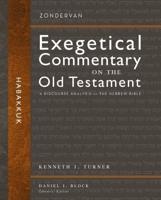Publisher's Synopsis
How involved in politics should Christians be and how should they conduct themselves? Does politics inform faith or does faith inform politics? The world has changed since Nathan Driscoll grew up in the 1950s. In post-war Britain economic recovery, the Cold War between the US and the USSR (Russia, as it is now), the miners' strike, the conflict in Northern Ireland and becoming part of the European Union are some of the things that stand out in his memory. Today the nation state has become more protective of its borders, given the number of displaced people and refugees in the world, while the trade boundaries and networks can cross continents at the touch of an investor's computer click. The West no longer dominates the economic agenda, with mid-Asia and the Far East changing the map on an ever-increasing basis. Africa lags behind economically, but richer economies and companies are purloining the natural resources there. The oil-rich theocracies complicate the already deep tribal and religious conflicts in the Middle East and the media have a much tighter grip on what we know and what we don't know. In the middle of all this are questions of climate change and human rights. The purpose of this book is to reflect on how the Christian faith can be relevant to the political problems of modern societies. When is it right to acquiesce and when is it right to resist?
